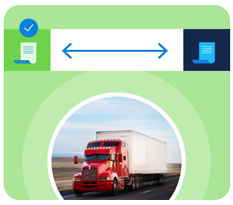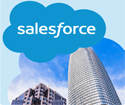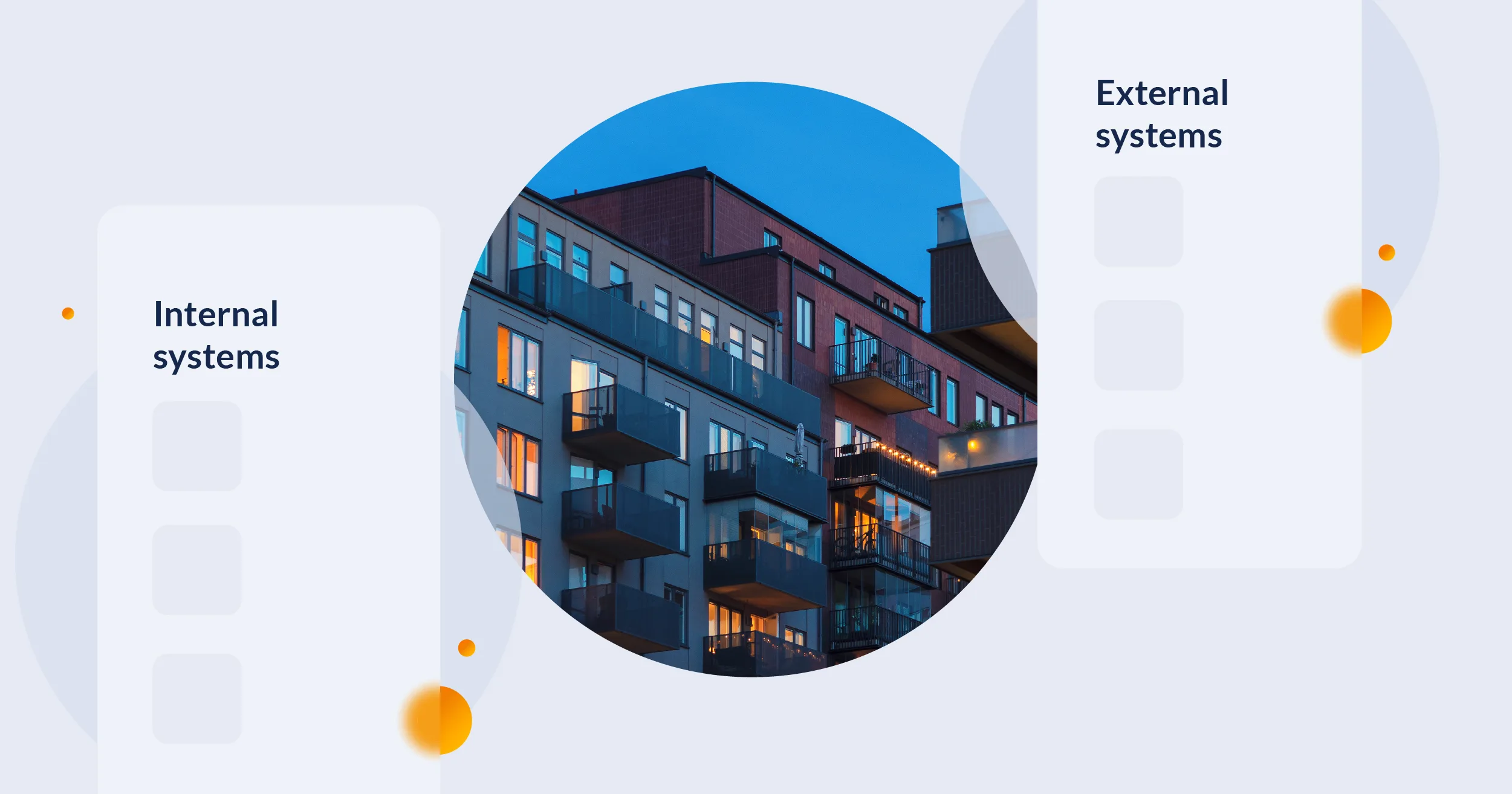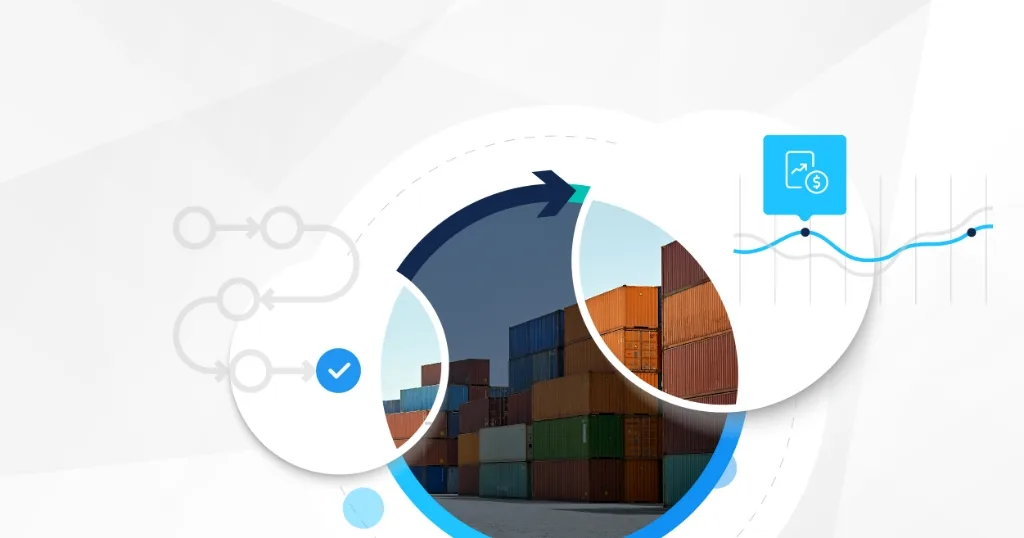Lease accounting is a crucial aspect of financial management for many organizations, as it involves tracking and reporting on lease obligations and expenses. With the emergence of new technologies and the increasing complexity of lease accounting standards, organizations must implement/utilize an internal system or rely on an external service provider.
In this post, we will explore each option’s key considerations and value propositions.
Cost-effectiveness
External suppliers can frequently provide cost savings by sharing the cost of infrastructure, maintenance, and updates across numerous clients. This can appeal to firms trying to decrease IT expenditures, especially given financial limits.
When considering cost-effectiveness, organizations should seek a detailed comparison of the costs associated with implementing either an internal or external system. This includes considering the:
- Initial upfront costs
- Ongoing expenses such as maintenance and updates, ERP hardware upgrades, and software patches
- Ongoing IT support staff
- Cost implications of customization, as ERP customization can add development costs compared to external providers
- Indirect costs such as downtime, training, and potential business disruptions
Specialized expertise and skills
Expertise and personalized solutions may be unavailable in generic internal ERP systems, but external service providers frequently focus on certain industries or functionality. External providers with several clients in the same industry are a great resource for this kind of knowledge because they can advise clients on improving their systems based on their experiences.
Businesses should evaluate whether the external provider offers dedicated support staff to assist, address issues, and offer advice. Comparatively, businesses should assess the skills and knowledge of their internal IT staff. Additionally, it is important to consider if the ERP system offers particular and customizable solutions for the company’s industry.
Scalability and flexibility
Compared with internal systems, external suppliers’ offerings typically provide greater scalability and flexibility for their solutions, making it easier to deploy as the business grows, without the often significant complexities or costs.
It is also important to evaluate if the organization has the necessary resources and time to upgrade or change the ERP system when required. External service providers typically have a roadmap of upgrades to be implemented without burdening the organization with additional costs or resources.
Rapid deployment
External providers typically offer quicker deployments compared to internal ERP implementation times. Businesses that respond quickly to shifting consumer preferences or internal demands must prioritize this.
Organizations should assess the accountability and capabilities of their internal IT staff in implementing a solution compared to those of an external provider. External providers generally agree on set implementation deadlines, providing more certainty about the implementation completion. It is important to note that delays in implementation can result in delayed benefits.
Innovation and upgrades
External providers may provide faster innovation cycles, introducing new features and improvements on a more regular basis. This allows enterprises to gain access to cutting-edge technology and functions without requiring substantial and costly internal development. Furthermore, because they specialize in this area, external providers are frequently better suited to implement new standards and laws into their systems.
Organizations should evaluate how quickly their ERP system can be upgraded, specifically considering regulatory changes, compared to external providers. There is a risk of technological obsolescence with internal systems, as they may require extensive updates and modernization efforts. External providers typically invest in keeping their systems up to date with the latest technologies.
Burden on IT
Outsourcing lease accounting to an external vendor can relieve internal IT teams of the load of monitoring and maintaining complicated systems. This enables the internal team to concentrate on more strategic tasks that are aligned with the core strengths of the organization.
Organizations should assess their IT team’s attention on the ERP system in comparison to their other objectives. It is critical to evaluate the IT team’s capacity and competence to handle the system efficiently.
Global reach
External service providers frequently have a global presence and can give solutions for multinational enterprises. They handle several languages, currencies, and regulatory requirements across multiple business units or entities.
Organizations should assess if their ERP system can accommodate many languages, currencies, and regulatory requirements to meet global standards.
Integration capabilities
External providers can offer seamless integration with other cloud-based services and applications, fostering a more connected and efficient IT ecosystem. This ensures data is entered only once for multiple applications, promoting accuracy and data integrity.
Organizations should assess if their ERP system is capable of integrating with a variety of other systems and if it enables bidirectional data exchange.
Security and compliance
External suppliers make significant investments in security and adhere to certifications that include comprehensive reports from external auditors. They can typically provide a higher level of data protection than smaller or less-resourced internal IT teams.
External audits provide assurance in terms of system and data integrity, it is critical to compare the security features and expertise provided by external service providers to the internal systems of the firm. Furthermore, firms that lack the means to implement effective cybersecurity measures should carefully consider the security risks associated with each alternative.
Empowering choice in lease accounting solutions
LeaseAccelerator is a provider of lease lifecycle management solutions, providing a comprehensive platform to help enterprises manage their lease portfolio and comply with lease accounting regulations. LeaseAccelerator helps enterprises make informed decisions about internal or external lease accounting systems by focusing on cost-effectiveness, scalability, rapid deployment, innovation and updates, and increased security and compliance. Organizations can choose the best approach for their lease accounting needs by carefully assessing the issues and value propositions.
Remember, when deciding between internal and external systems for lease accounting, it is essential to consider the unique aspects and requirements of your organization. Get started by contacting us today for a consultation.







